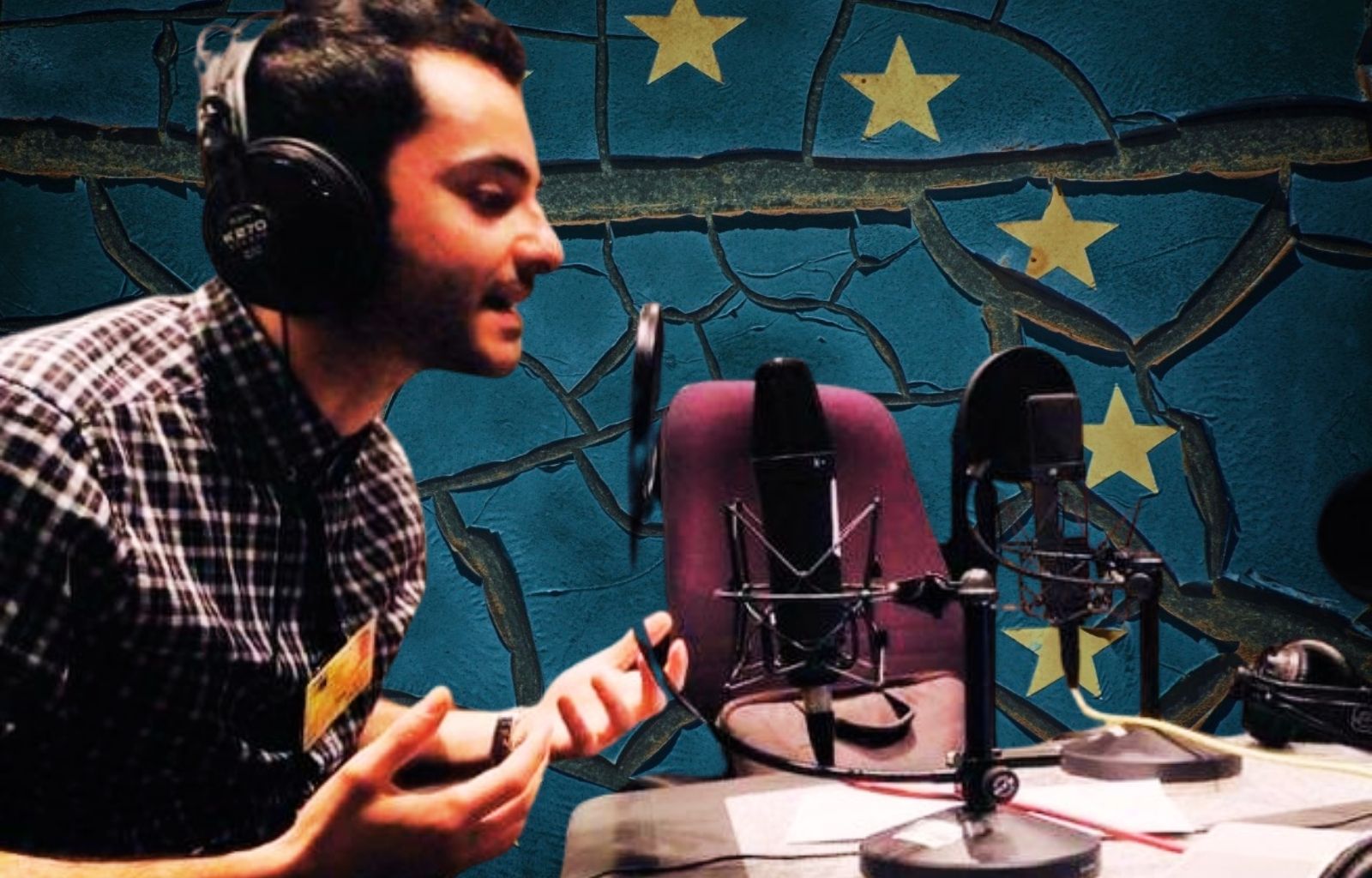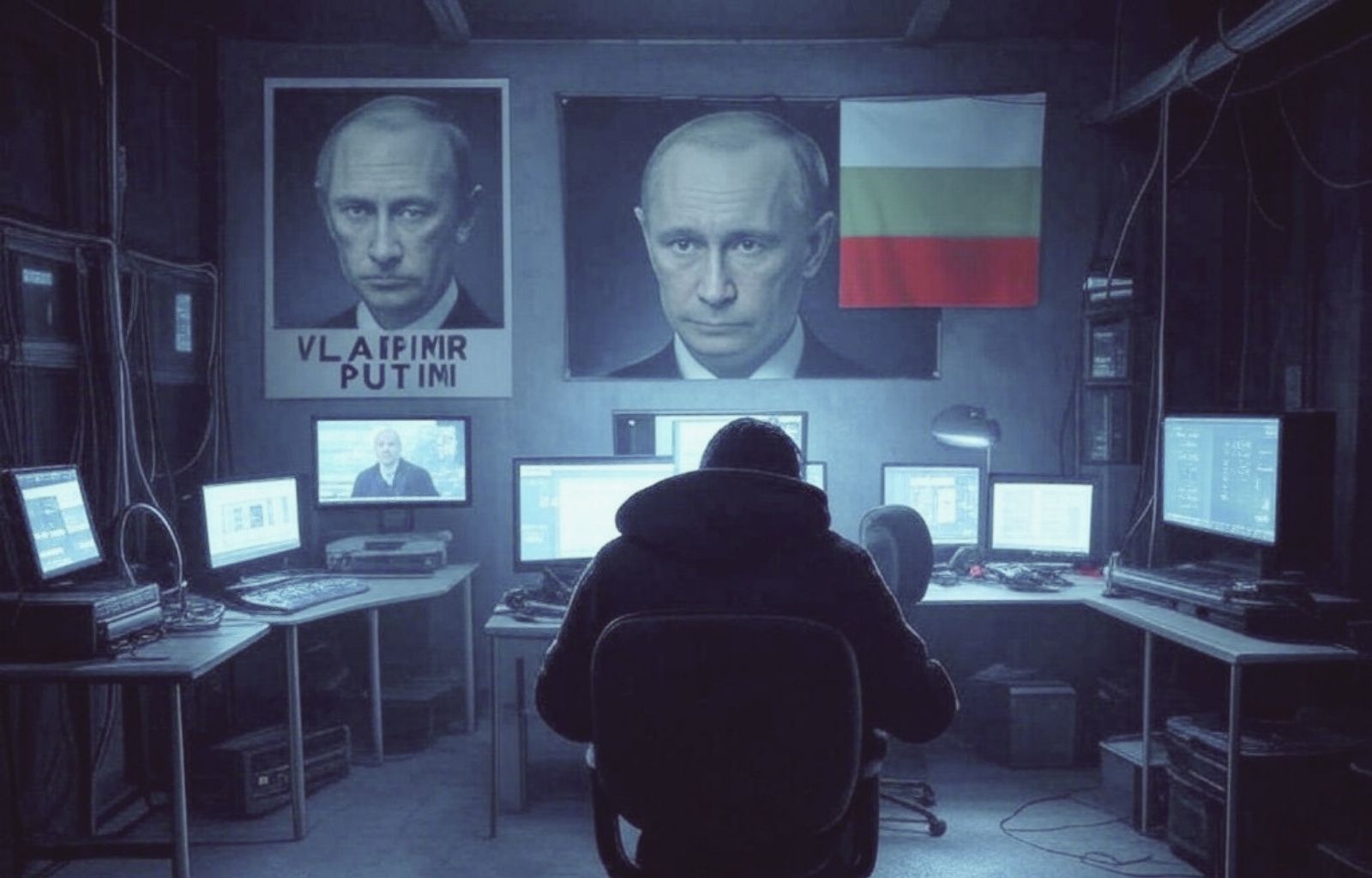Syria: Europe now needs a pragmatic approach

The end of Bashar al-Assad’s long and brutal dictatorship represents a historic turning point for Syria and the entire Middle East region. The statements of the European institutions, which have welcomed this development as an opportunity that is as much expected as it is fraught with risks, highlight the urgency of a comprehensive strategy to ensure stability and security in an extremely fragile context.
A historic turning point welcomed by Europe
EU High Representative for Foreign Policy, Kaja Kallas, emphasised that the fall of the regime demonstrates not only the weakness of its main supporters, Russia and Iran, but also the need to work with constructive partners to ensure security and stability in the region. From Brussels, the EU message is clear: the collapse of the regime offers a unique opportunity to promote freedom and peace, but requires a coordinated and forward-looking response.
European Commission President Ursula von der Leyen called the fall of Assad an event that could open the door to rebuilding a united and inclusive Syria. However, she warned, there is no shortage of challenges. Among the main risks are ethnic and sectarian tensions, the risk of territorial fragmentation and the emergence of new destabilising actors. In this context, the EU reiterated its readiness to support Syria on the path towards an inclusive reconstruction that respects minority rights.
The President of the European Council, Antonio Costa, also emphasised the suffering inflicted by the Assad regime, but looked to the future with optimism: the Syrian people, he said, now have the opportunity to build a freer and more democratic society, a process that is crucial for the stability of the entire Middle East region.
Opportunities for Syria, but with significant risks
The fall of Assad represents an extraordinary opportunity to overcome years of violence and division. Syria has experienced one of the worst humanitarian crises of our time, with millions of refugees and internally displaced persons and an entire generation scarred by conflict and deprivation. However, the transition to a more stable and democratic future will be neither easy nor immediate.
Regional actors, including Turkey, Saudi Arabia and Israel, could intensify their rivalries, seeking to take advantage of an unstable situation. At the same time, extremist groups could try to fill the power vacuum, putting the fragile balance at risk. For this reason, international, and particularly European, efforts will be crucial to support a reconstruction that privileges dialogue and national cohesion.
Migration dynamics are also a crucial challenge. Following the fall of Assad, ten European countries, including Austria, Germany, Belgium, Sweden and Italy, suspended decisions on asylum claims of Syrian refugees, reflecting a rethinking of migration policies in the new political context. This measure, also adopted in response to pressure from populist movements, is accompanied by internal debates in many member states. The United Nations High Commissioner for Refugees (UNHCR) has called for caution, stressing that the conditions for safe returns are not yet in place. However, countries like Austria have already started planning return and deportation programmes. This situation poses new challenges to the EU, which will have to balance the management of migration flows with the fulfilment of international obligations.
The role of Europe: leadership and responsibility
The European Union now faces an important test of its ability to act as an influential geopolitical actor. Syria represents not only a humanitarian and diplomatic challenge, but also a test case for European foreign policy. The EU institutions’ stated commitment to work with regional partners to promote an inclusive and stable future for Syria is crucial, but requires a clear vision and a concrete strategy. In short, everything that has not been there so far.
In this context, Europe must adopt an approach based on pragmatism and strategic realism. It will be crucial to work to isolate Syria from the influence of Russia and Iran, but also to prevent it from becoming a Turkish protectorate. Again, it will be necessary to keep it out of the Israeli-Palestinian conflict, favouring a pragmatic dialogue with Israel, perhaps with the backing of the Gulf countries. At the same time, it is essential to protect the rights of religious and ethnic minorities, as well as to ensure a safe and dignified return for refugees from Europe, supporting an inclusive political transition that can stabilise the country and promote peace in the region. How is this to be done? By opening a direct confrontation with the future Syrian government, whoever it may be, and setting the relationship on the basis of mutual economic and strategic interest.
Brussels will have to balance economic and political support for reconstruction with the need to maintain pressure on those regimes, such as Russia and Iran, that supported Assad to the end. Moreover, it will be crucial to ensure that the reconstruction process is driven by the Syrian people and not imposed from outside. At the same time, the EU will face the challenge of preventing any forced return of refugees from aggravating the already precarious humanitarian situation on the ground.
Conclusion: an opportunity to be seized with caution
The fall of the Assad dictatorship offers hope for a better future in Syria, but also carries significant risks. Europe, with its history of promoting democracy and human rights, has the opportunity to play a crucial role in the reconstruction of Syria, but it will have to do so with a prudent and cooperative approach.
It will be essential to maintain a high focus on regional and humanitarian dynamics, preventing geopolitical rivalries from turning this opportunity into a new source of instability. Only a sustained and consistent commitment will ensure that the end of the Assad regime truly marks the beginning of a new era of peace and prosperity for Syria and the Middle East.







